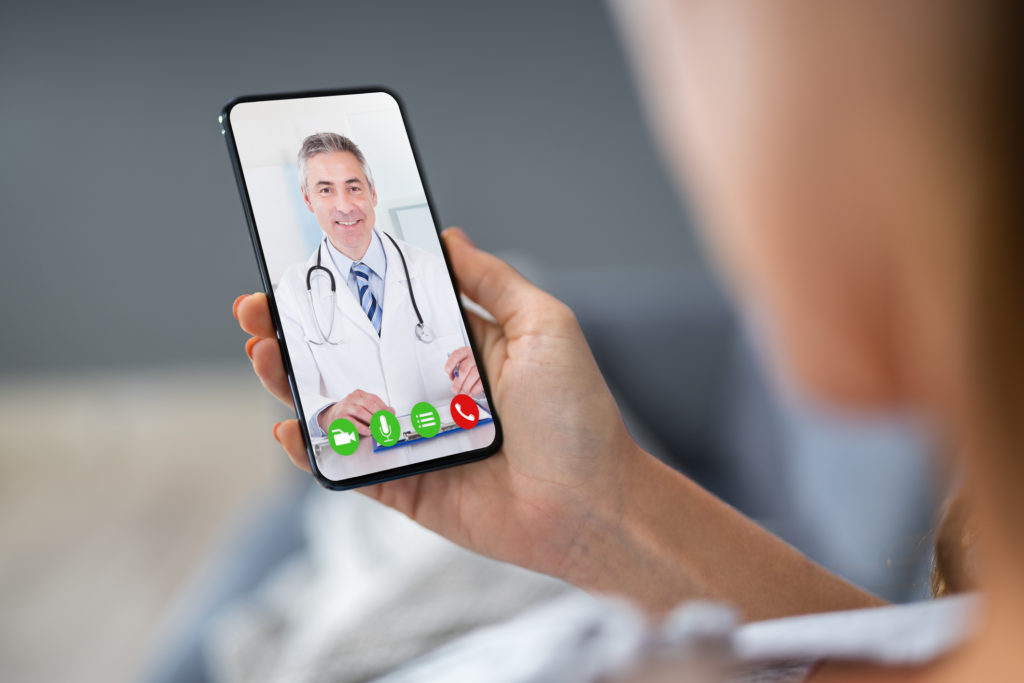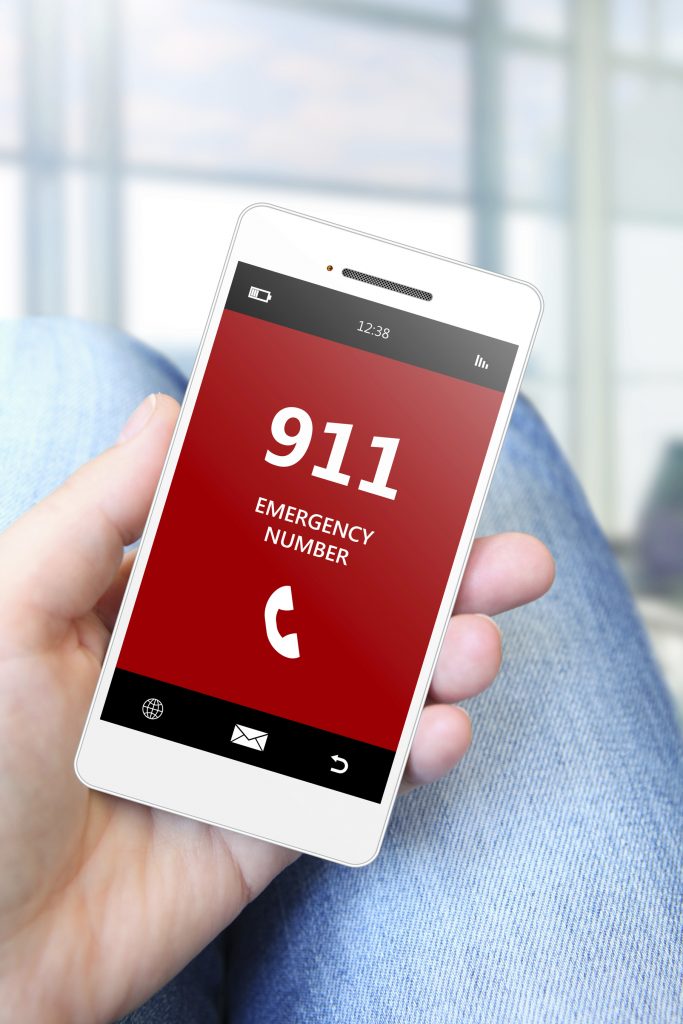Note: This article was updated in April 2021 to include additional information.
Ask the allergist is a regular feature in our newsletters where Dr. Julia Upton answers your questions!

Dr. Julia Upton is a Canadian allergist who is on staff at Toronto’s SickKids Hospital in the Immunology and Allergy Department. She is an Assistant Professor in the Department of Paediatrics at the University of Toronto and is the Section Chair of Food Allergy and Anaphylaxis with the CSACI. Dr. Upton is also a member of our Healthcare Advisory Board.
Please note: Dr. Upton is answering as an individual allergist and her answers do not constitute an official position of her affiliated organizations. Her responses are for informational purposes only and do not constitute specific medical advice, recommendations, diagnosis, or treatment. Please talk to your doctor about any concerns or questions you may have regarding your own health or the health of your child.
In this month’s article, she’s covering common questions about food allergy and the COVID-19 situation.
COVID-19 has changed our daily lives. With more restrictions being placed and additional physical distancing measures, below are some tips on how to manage any upcoming appointments with your allergist.
Are food allergy appointments still being held, are they being done remotely?

In all parts of society, actions are being taken to help reduce exposure to other people in order to slow the spread of COVID-19. Across the country there are initiatives to allow for virtual healthcare appointments.
Your physician may be able to offer remote care through a provincially based tele-medicine system (like Telehealth Ontario or HealthLink BC) or can provide care by phone and/or video conferencing (via Skype or FaceTime, for example). Contact your doctor’s office to find out more about how appointments are being handled.
How do I prepare for a virtual appointment, and what should I do during the visit?
If you or a family member is preparing for a virtual appointment, you do so the same way you would for an in-person visit. One exception: antihistamines are not taken in advance of some in-person visits because they may interfere with allergy testing, however, this doesn’t apply for a virtual visit.
If you/your child hasn’t yet been diagnosed with food allergy or you think a new one has developed, you can do the following:
- Keep a food journal, a short summary of the foods you suspect may be causing allergic symptoms. Include details such as the date, what was eaten, the symptoms experienced and how long they lasted, and what treatment was provided. Document symptoms by taking photos which you can share with your doctor. Discuss the list of ingredients for any pre-packaged foods of concern.
- Let your doctor know if there is a family history of allergic diseases such as food allergy, asthma, eczema or hay fever. Review the medications taken to keep asthma under control.
- Make sure you understand the foods that should be avoided and any special instructions on introducing new foods.
- Ask your doctor to show you how and when to use the epinephrine auto-injector that they’ve prescribed (this only applies if you are videoconferencing with them).
- Put together a list of questions you may have, raise them with your doctor, and write down the answers provided for each one. Find out next steps if a follow-up appointment has to be scheduled, or if there’s an urgent need for an in-person visit.
If you or a family member is undergoing food oral immunotherapy, contact your doctor for guidance on how to manage the dosing schedule and other aspects of the treatment. Your physician may advise to stay on the current dose and not do any dose increases during this time.
If I have an anaphylactic reaction and use my epinephrine auto-injector, should I still call 911 and go to the emergency department (ED)?

This is an important question, one which requires an answer from your physician who is familiar with you and your medical history. Normally, a dose of epinephrine is given, 911 or the emergency service in your area is called, and you would go to the hospital.
To reduce the burden on EDs and to reduce the spread of the virus, national allergy societies have suggested that allergists could advise that in some cases, food-related allergic reactions could be managed without going to the ED. Such an approach would only be considered for people whose symptoms immediately and completely resolve after one dose of epinephrine. This means the person is completely better within five minutes after receiving their epinephrine auto-injector. If not, calling 911 and a trip to the ED is warranted.
To determine if temporarily changing the management advice for food allergic reactions is right for you, please discuss with your physician prior to a reaction.
Note from Food Allergy Canada:
If you/your child have a food allergy, be prepared for an emergency by having in-date epinephrine auto-injectors on hand.
For more patient information on COVID-19 and food allergy, see these FAQs on the Canadian Society of Allergy and Clinical Immunology website.
Do you have a question you’d like to ask Dr. Upton in the months to come? If so, send it along to us at info@foodallergycanada.ca. Please note: Dr. Upton answers questions on general topics, please talk to your doctor if you have questions about your own health or the health of your child.
Tags: ask the allergist, dr upton